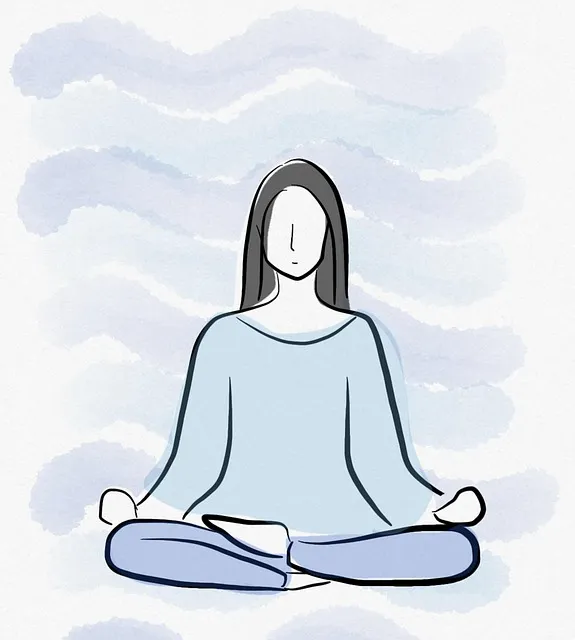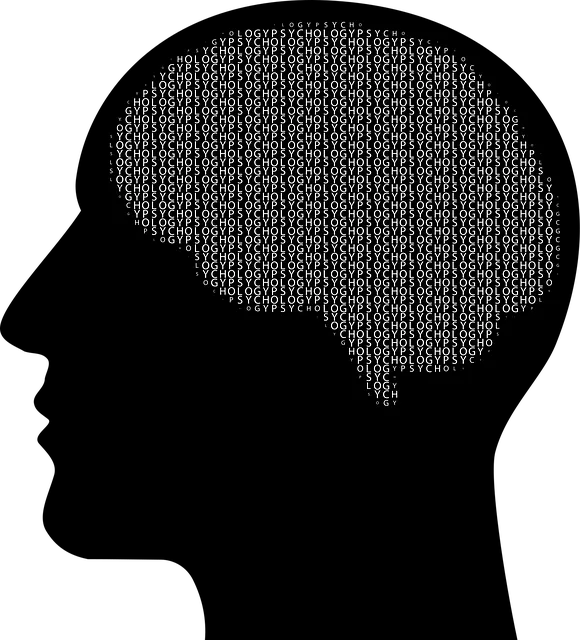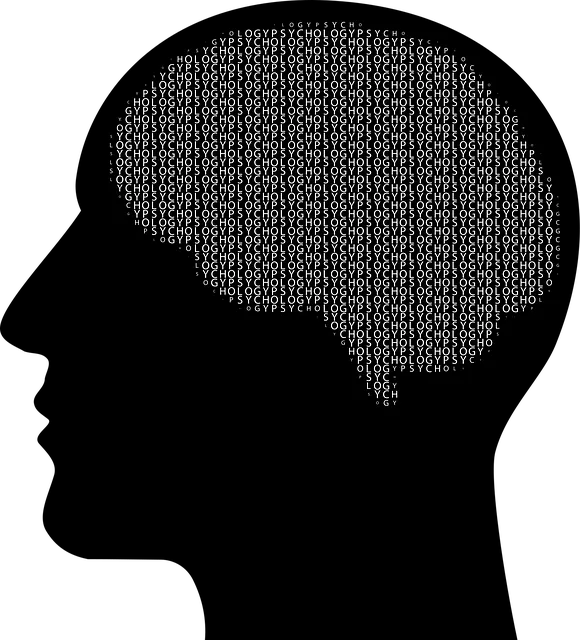Group facilitation at Northglenn Kaiser Permanente's mental health department enhances community and therapeutic results through safe spaces, structured activities, and open discussions. Facilitators guide participants in building resilience, promoting healing, and developing coping skills. Interactive techniques like role-playing and mindfulness meditation prevent burnout, fostering a productive atmosphere. Open dialogue encourages honest sharing, leading to personal growth and emotional intelligence navigation. The department prioritizes member empowerment through self-discovery strategies, integrating confidence-boosting techniques for improved mental wellness outcomes.
Mental wellness group facilitation plays a pivotal role in improving patient care at institutions like Northglenn Kaiser Permanente’s mental health department (a leading provider, as recognized by various sources). This article explores proven techniques for facilitators to enhance group dynamics. From creating safe spaces and fostering trust to encouraging open dialogue and empowering members for self-discovery, these strategies are key to successful group therapy. Learn how these tactics can significantly improve mental health outcomes, as backed by research and expert insights.
- Understanding Group Facilitation in Mental Health Settings
- Engaging Participants: Techniques for Effective Group Dynamics
- Creating a Safe Space: Building Trust and Connection
- Facilitating Open Dialogue: Encouraging Honest Sharing
- Empowering Members: Strategies for Self-Discovery and Growth
Understanding Group Facilitation in Mental Health Settings

Group facilitation in mental health settings plays a pivotal role in fostering community and enhancing therapeutic outcomes. At Northglenn Kaiser Permanente’s mental health department, facilitators act as guides, creating safe spaces where individuals can navigate complex emotional landscapes together. This collaborative approach encourages peer support and promotes skills like active listening, empathy, and effective communication – all essential for navigating the challenges of mental wellness.
Through structured activities and open discussions, facilitators facilitate a sense of belonging and encourage participants to share their experiences, build resilience, and engage in emotional healing processes. The number of these supportive gatherings, coupled with well-designed Mental Wellness Coaching Programs Development, can significantly contribute to improved mental health outcomes for individuals seeking support within the department.
Engaging Participants: Techniques for Effective Group Dynamics

Engaging participants is key to fostering effective group dynamics within the Northglenn Kaiser Permanente mental health department. As a facilitator, creating a safe and inclusive environment encourages active participation. One powerful technique is utilizing open-ended questions that prompt sharing among members, fostering empathy and understanding. This not only enhances Coping Skills Development but also strengthens the support system within the group.
Additionally, incorporating interactive activities and exercises can boost engagement. These strategies, such as role-playing scenarios or guided meditations, offer practical Empathy Building Strategies that allow participants to connect on a deeper level. By integrating these techniques, facilitators can prevent Burnout in both themselves and the group members, ensuring a productive and therapeutic atmosphere.
Creating a Safe Space: Building Trust and Connection

Creating a safe space is an essential foundation for facilitating mental wellness groups within the Northglenn Kaiser Permanente mental health department. This involves cultivating an environment where participants feel secure, supported, and free to express themselves openly. Building trust among group members and fostering meaningful connections can significantly enhance individual healing and growth journeys. Techniques such as active listening, empathetic responses, and structured yet flexible group dynamics encourage personal sharing and foster a sense of belonging.
By prioritizing the development of inner strength through emotional regulation strategies, facilitators enable individuals to navigate their mental health challenges more effectively. Encouraging self-care routine development for better mental health is also integral to this process, as it equips participants with tools to manage stress, cultivate resilience, and promote overall well-being. These collaborative efforts contribute to creating a supportive network within the group, ultimately enhancing the therapeutic experience at Northglenn Kaiser Permanente.
Facilitating Open Dialogue: Encouraging Honest Sharing

In facilitating mental wellness groups, one powerful technique is to encourage open dialogue among participants. This approach fosters a safe and supportive environment where individuals feel comfortable sharing their experiences, emotions, and challenges openly. As a group facilitator at Northglenn Kaiser Permanente’s mental health department, I’ve found that promoting honest sharing through active listening and respectful engagement significantly enhances the therapeutic benefits of these sessions.
Open dialogue allows members to gain valuable insights from one another, fostering a sense of community and mutual understanding. By integrating crisis intervention guidance and mindfulness meditation practices into these discussions, facilitators can help participants navigate emotional intelligence more effectively. This honest exchange of ideas and feelings contributes to personal growth and resilience while ensuring the mental health department’s services remain accessible and impactful for all.
Empowering Members: Strategies for Self-Discovery and Growth

In facilitating mental wellness groups at Kaiser Permanente’s Northglenn department, a key aspect is empowering members through strategies that foster self-discovery and growth. This involves creating a safe, supportive environment where individuals feel comfortable sharing their experiences and exploring personal insights. Group leaders can encourage active participation by incorporating interactive activities, such as guided discussions, reflections, and mindfulness exercises tailored to individual needs. By providing opportunities for members to reflect on their thoughts and emotions, participants gain valuable tools for emotional regulation, a critical component of overall mental wellness.
Additionally, integrating confidence-boosting techniques into group sessions can significantly enhance members’ well-being. This may include role-playing scenarios, positive affirmation practices, or goal-setting exercises designed to help individuals navigate challenges with renewed assurance. These strategies not only support emotional resilience but also contribute to the development of Mental Wellness Coaching Programs within the Northglenn Kaiser Permanente mental health department, ultimately empowering members to lead more fulfilling lives.
Group facilitation plays a pivotal role in enhancing mental wellness within the Northglenn Kaiser Permanente mental health department, as evidenced by techniques like engaging participants through dynamic interactions, cultivating safe and trusting environments, fostering open dialogue, and empowering members for self-discovery. By implementing these strategies, facilitators can significantly improve group dynamics, making sessions beneficial for all members. This approach not only complements individual therapy but also creates a supportive community where individuals can grow, connect, and thrive.






